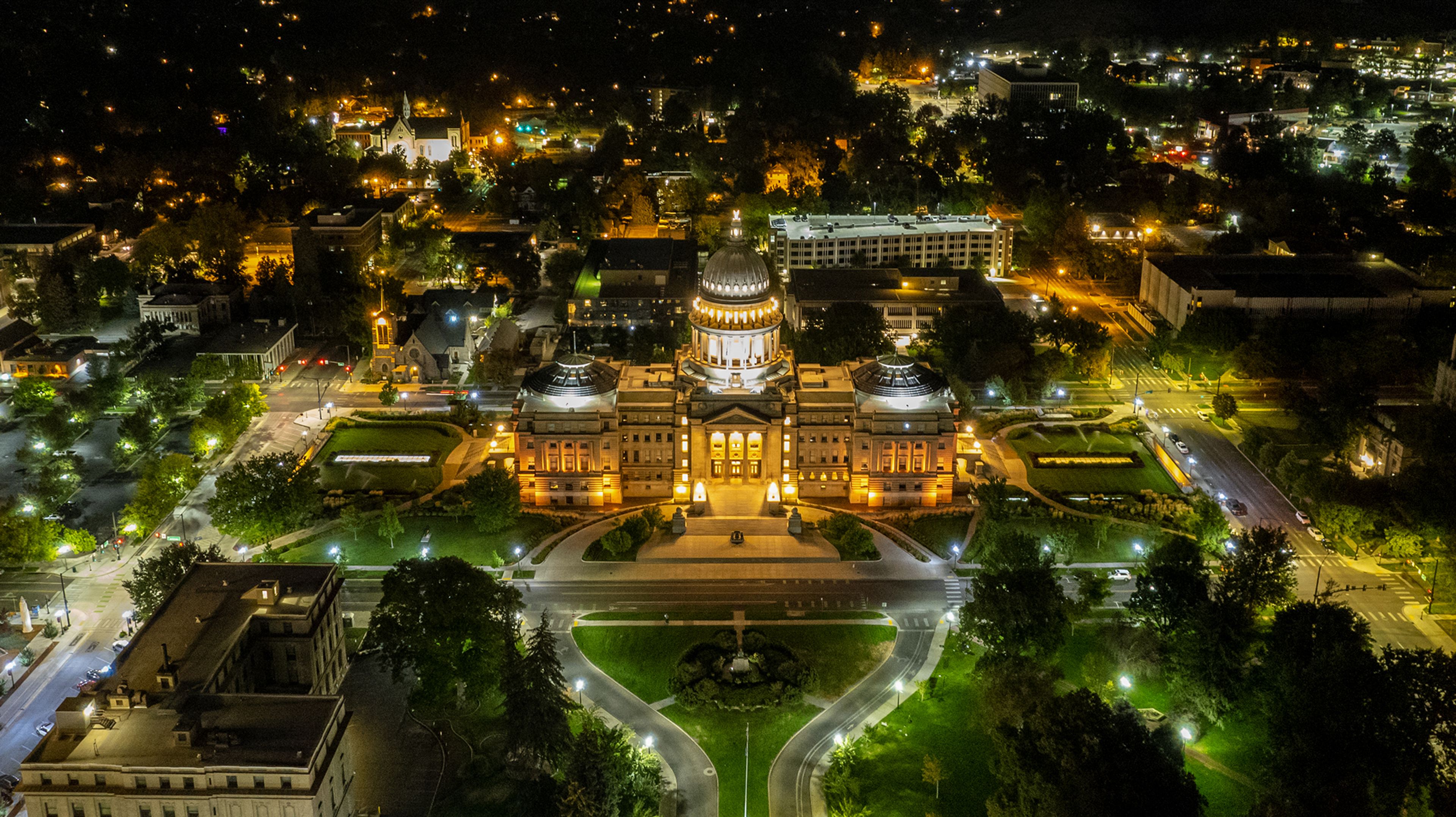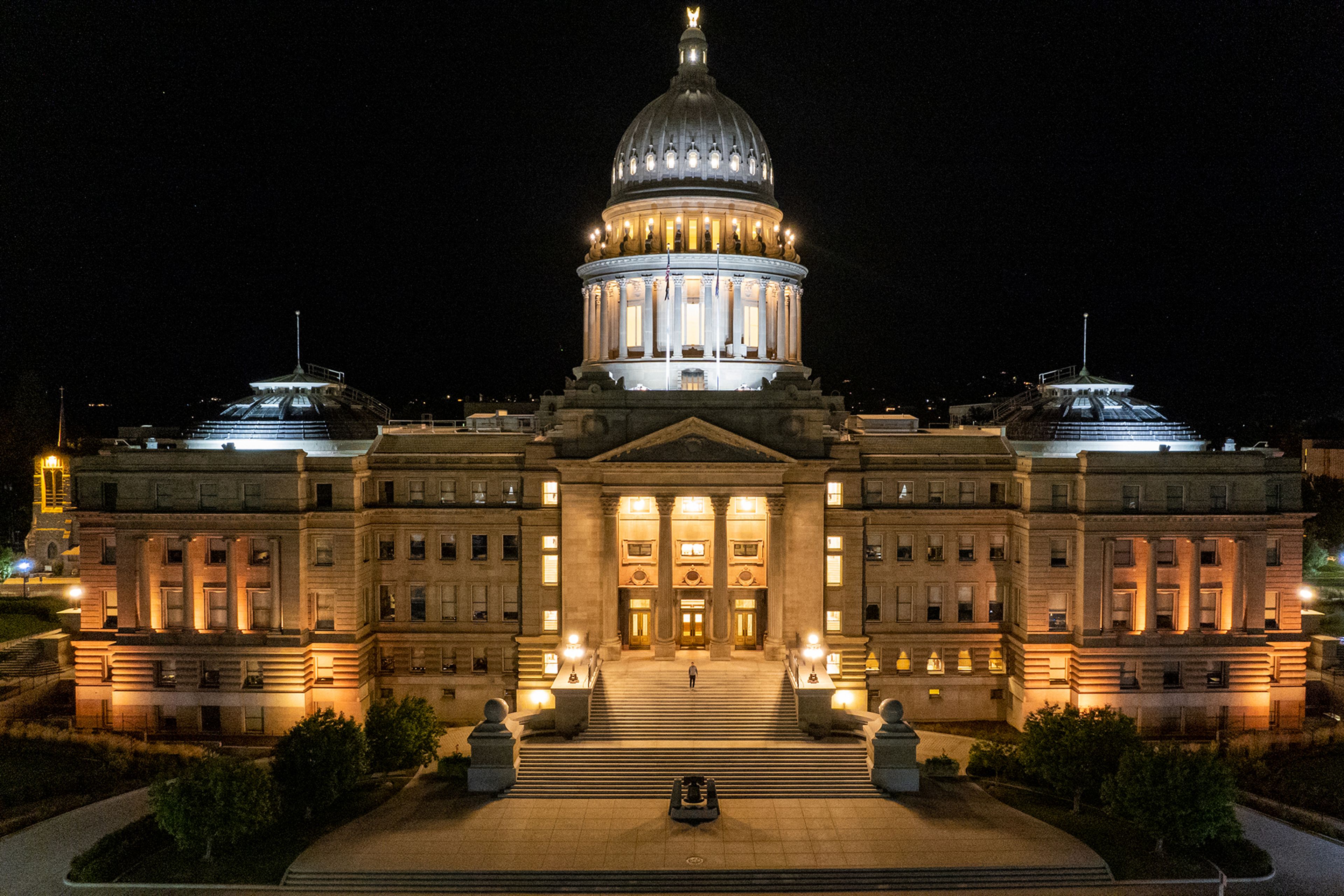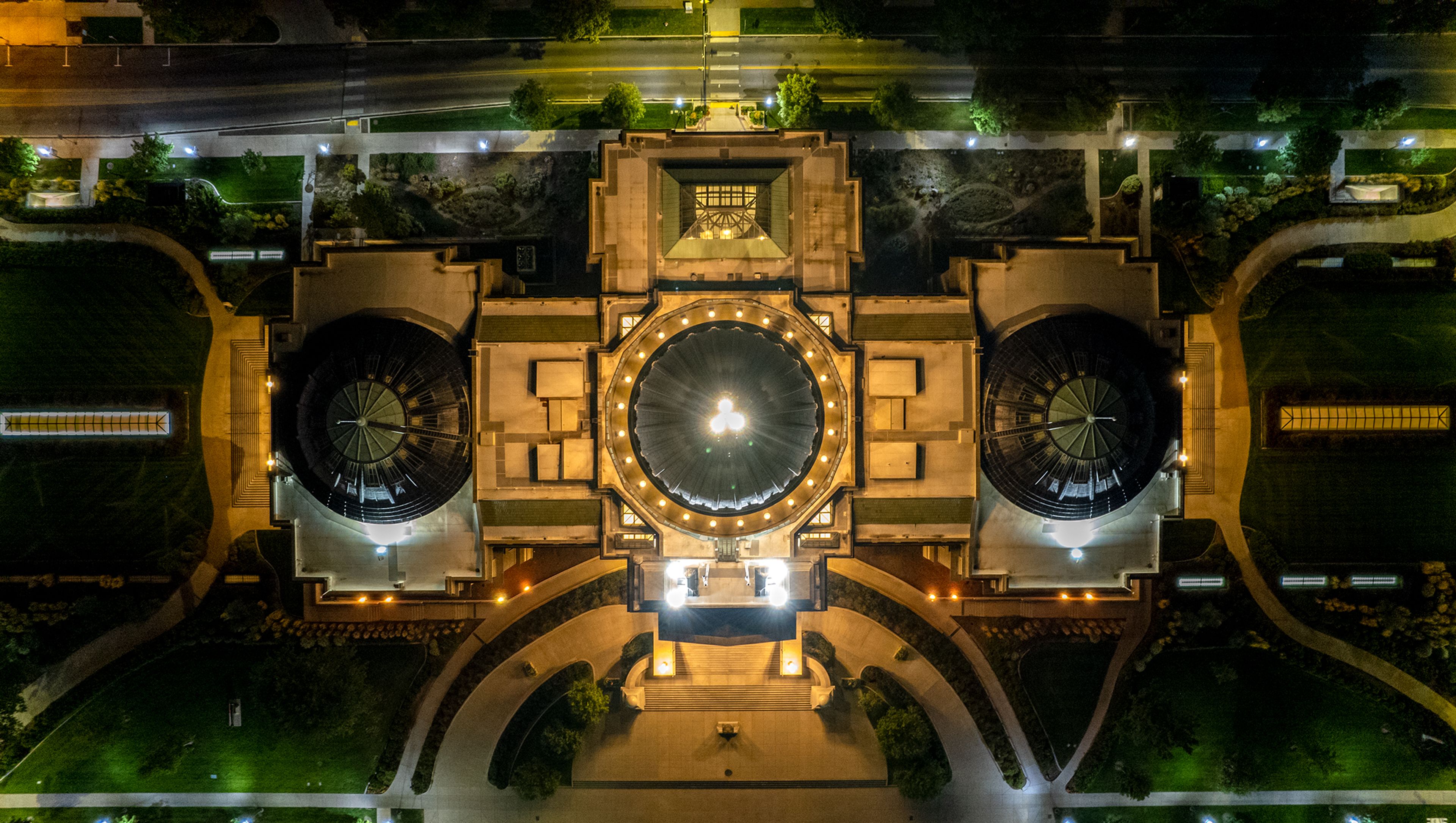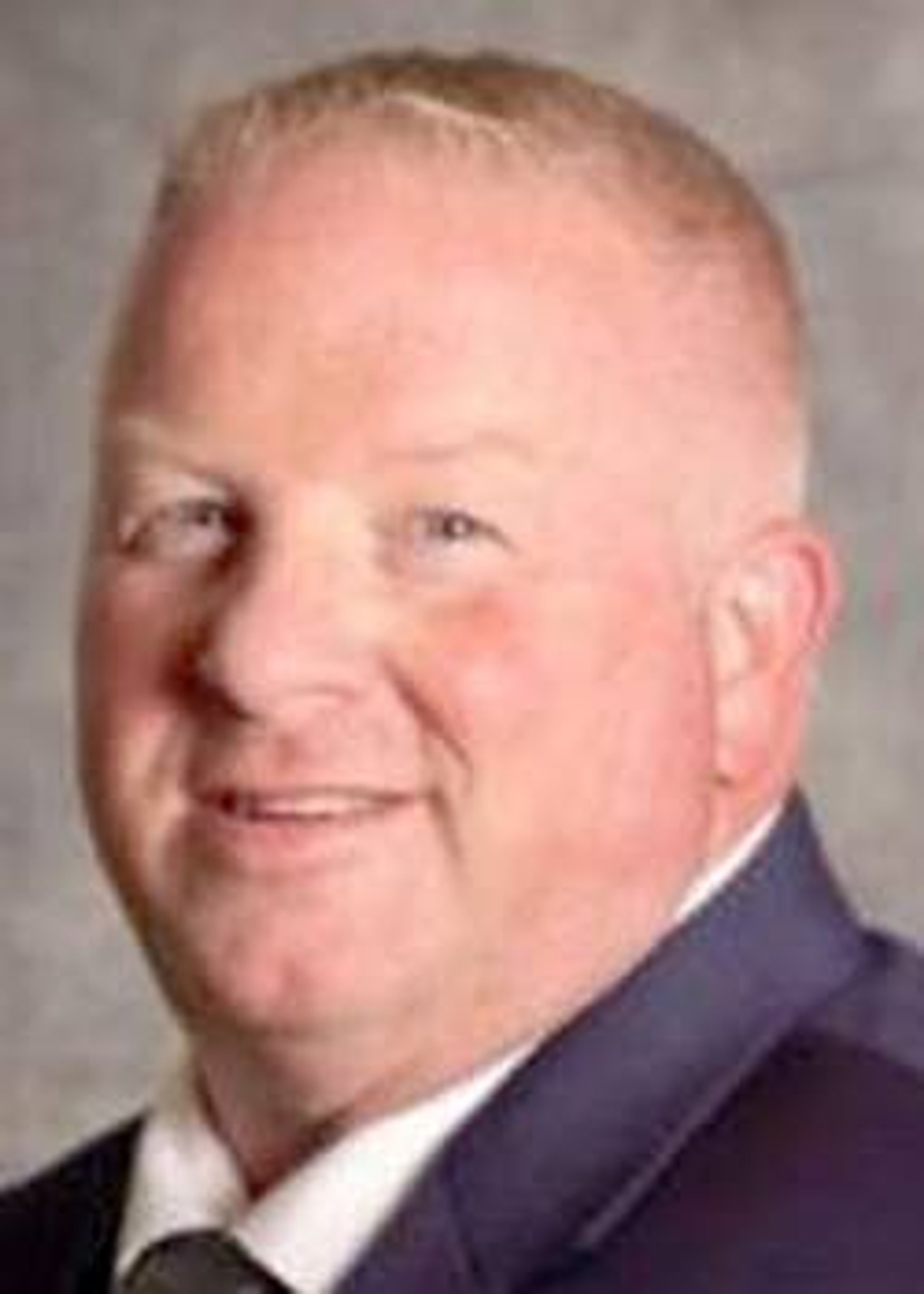Back to Boise
The 2023 legislative session starts Monday, and it’s not clear which faction will have the upper hand
Who’s ready for prime time?
The answer to that question should become evident in the next week or two, as the 2023 session of the Idaho Legislature kicks off in Boise.
The fact that there’s even any doubt about who’s driving the ship or setting the agenda is an indication of just how much disruption there’s been in the Statehouse over the last several months.
But with the nearly 50% turnover in House and Senate membership — combined with significant changes in caucus and committee leadership — it’s unclear where the power now lies, unclear even who’s on what team or how prepared they’ll be to take on a starring role.
Come game time, who will be ready to grab the ball and run with it?
The absence of a clear front-runner is a marked difference from the past two years, when various factions or groups came into the session loaded for bear, intent on fighting for their policy preferences from Day One.
In 2021, for example, House Republicans were champing at the bit, eager to curtail the governor’s emergency powers and push back against local government responses to the COVID-19 pandemic.
They introduced dozens of bills in what became the longest legislative session in Idaho history. Most ultimately failed, although a proposed constitutional amendment allowing lawmakers to call themselves back into special session was submitted to voters and narrowly approved in November.
Tax cuts were the top priority coming into the 2022 session. The very first bill considered by the House was a $600 million plan to provide a one-time tax rebate worth $350 million, along with an ongoing, $251 million reduction in corporate and individual income tax rates.
At the time, it was the largest tax cut in Idaho history. More to the point, it took much of the projected budget surplus off the table — effectively boxing out those who wanted to use the money for property tax relief or to eliminate the sales tax on groceries.
The governor and Republican leaders got their way again during a one-day special session in September, when they forestalled the Quality Education Act ballot initiative by setting aside $330 million for public schools and another $80 million for higher education.
They also convinced lawmakers to approve a second historic tax cut, totaling more than $660 million in one-time and ongoing tax relief. The measure included a flat, 5.8% income tax rate for corporations and individuals, which took effect Jan. 3.
While thwarting the Quality Education Act was a primary motivation for the special session, it also enabled Republican leaders to cement their preferred tax policy in place — before a new group of conservative lawmakers took the field and potentially mucked up the whole game plan.
So, will the governor and his allies continue to outmaneuver the opposition during the 2023 session, or will conservatives finally score some legislative victories? And will Democrats play an active role in the game?
Stay tuned. There’s no knowing until the final whistle.
Some issues will likely rise to the top this year, however, including:
SCHOOL CHOICE
Efforts to give parents a greater say in how education dollars are spent have simmered at the Legislature for years. With an increase in far-right Republicans this session, it’s likely to heat up even more.
“I hear about it a lot from my constituents,” said Rep. Brandon Mitchell, R-Moscow. “I think there’s a desire for it, but the issue is how to do it without harming rural schools.”
The phrase “school choice” encompasses a variety of proposals that let public tax dollars flow to private companies or educational institutions outside of traditional K-12 schools.
Advocates say it helps parents direct their children’s education, while potentially introducing some competition and innovation into an otherwise monopolistic public school system.
Opponents dismiss school choice as another tax giveaway to the rich, who can already afford to send their kids to private academies. Siphoning money away from traditional schools, they say, runs counter to the Legislature’s constitutional mandate to provide “a general, uniform and thorough system of public, free common schools.”
As a longtime educator and newly appointed vice chairperson of the House Education Committee, Rep. Lori McCann, R-Lewiston, will have a front-row seat on the discussions.
“I’ll be interested in seeing where they go,” she said.
She has heard several ideas being floated, including tax credits for parents who home school or send their kids to private or religious schools, or expanded grants to help parents pay for educational materials and services.
“I love the idea of parents being more involved in education,” McCann said. “But I also want some sideboards to protect public education. There aren’t a lot of options in rural Idaho, and once you open the door to using (tax dollars) for private or religious schools, you can’t close it. We need to be very careful about watering down public education funding.”
EDUCATION FUNDING
The Legislature set aside $330 million for public education during the special session in September. However, it’s up to this new group of lawmakers to decide how to spend those dollars.
It’s unclear if they’ll adhere to the intent of the Quality Education Act, which was that the money be an addition to regular state funding and that it be used for things like teacher and support staff salaries, reduced class sizes, hiring school counselors and psychologists, and supporting other school programs.
“I think some folks would like to take money out of that pot on an ongoing basis,” McCann said.
For example, there’s talk about redirecting some or all of it into special savings accounts that parents could tap for private or home-school education expenses, or to cover some of their kids’ postsecondary education costs.
During the special session, lawmakers also set aside $80 million for a new and undefined “in-demand careers” fund, which could be used to expand higher education opportunities in areas where the state suffers severe labor shortages, such as nursing or STEM education.
“There’s also talk about putting a good chunk of it into career-technical education,” McCann said.
EXPANDED MEDICARE
Expanded Medicaid services for low-income individuals was one of the centerpieces of the Affordable Care Act, which Congress approved in 2010.
Idaho lawmakers refused to accept the program until forced to do so by a 2018 ballot measure. When they finally adopted enacting legislation, they inserted a clause calling for a review of “all fiscal, health and other impacts of Medicaid eligibility expansion … (and) a recommendation to the Legislature as to whether such expansion should remain in effect.”
The deadline for completing that work is Jan. 31.
“I think that will be one of the biggest issues we’ll deal with this session,” said Mitchell, who serves on the House Health and Welfare Committee.
Although far-right groups have been fierce critics of expanded Medicaid, Mitchell isn’t sure there’s an appetite to repeal the program, which provides affordable health care services for more than 125,000 Idahoans.
The cost of expanded Medicaid has become a major concern, however. Actual expenditures in fiscal 2022 were about $840 million — nearly double the $440 million that was initially projected, largely because of higher-than-anticipated enrollment and strong demand for services.
“We have to look at getting those costs under control,” Mitchell said.
A number of Republican lawmakers also favor work requirements and other eligibility restrictions for program participants — something that hasn’t passed muster with the Biden administration.
PROPERTY TAXES
The sharp increase many Idaho homeowners saw in their November property tax bills only added to the pressure lawmakers have been feeling to address the issue.
During recent forums, most north central Idaho legislators cited property tax as one of their top priorities for the 2023 session. They’re not sure how to fix the problem, but agree something needs to be done, particularly to help residential property owners.
“It will be my No. 1 issue this session,” said Rep. Charlie Shepherd, R-Pollock. “But the problem is, how do we fix it without hurting someone else? Who do we throw under the bus?”
Shepherd’s interest in property taxes began in 2022, after he learn that many of his constituents were negatively affected by changes the Legislature made to the circuit breaker program in 2021.
The circuit breaker provides up to $1,500 in annual property tax relief for elderly and disabled homeowners who earn less than about $33,000 per year.
In 2021, lawmakers added a new restriction that limited eligibility to people whose homes had an assessed value of less than 125% of the county median.
Hundreds of Idahoans lost eligibility when the change took effect in 2022. Shepherd subsequently sponsored legislation raising the assessed value cap to 150%, or $300,000, whichever is more. Now he’s looking at raising the cap even higher.
“We’re going to have to fix it again,” he said. “I never anticipated the assessed values going up as much as they did.”
Other proposed fixes include allocating upward of 10% of state sales tax receipts to property tax relief, raising the homeowner’s exemption and once again linking the exemption to the Idaho Housing Price Index, so it goes up as residential property values increase.
Editor's note: After 13 years as the Lewiston Tribune's political reporter, William L. Spence has retired. During his time with the newspaper, Spence became known around Idaho for his even-handed and well-crafted coverage of state politics. He is planning a visit to Europe in the spring, which will include a walking tour of Portugal and Spain. The Tribune wishes him well in retirement.
State of the State on tap Monday
The 2023 legislative session begins Monday and will likely run until late March or early April.
Gov. Brad Little will deliver his State of the State Address from the House chambers, beginning at noon PST. Idaho Public Television will stream the event live online at idahoptv.org/shows/idahoinsession/Legislature.
Legislative committee meetings will begin Tuesday. Links to the daily committee agendas, bill information and the House/Senate floor schedules can be found on the Legislature’s web page, at legislature.idaho.gov.
“(High Idaho property taxes) will be my No. 1 issue this session. But the problem is, how do we fix it without hurting someone else? Who do we throw under the bus? ... I never anticipated the assessed values going up as much as they did.”
Rep. Charlie Shepherd, R-Pollock















